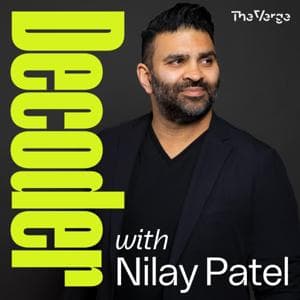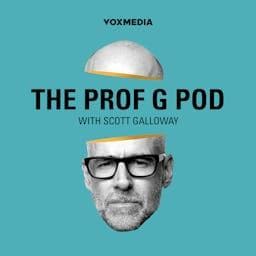Troy and Brian talk about agentic advertising and why it’s being sold as salvation, the quiet consolidation happening across media and tech, and the shift from institutional power to systems, platforms, and legible individuals. We discuss sovereignty in an automated world, and why “finding leverage” has become the defining challenge for media, marketing, and anyone trying to stay relevant.
* Watch us on YouTube
* Troy Young’s People vs Algorithms newsletter
* Brian Morrissey’s The Rebooting newsletter
* Alex Schleifer’s Human Computer
* Follow Alex, Brian and Troy on Twitter
Chapters:
* 00:00 Open
* 00:28 Welcome
* 07:06 Agentic Advertising and AI
* 11:23 Semafor’s $30 Million Raise
* 18:54 The Future of Yahoo
* 24:12 The Rise of YouTube and Influencers
* 31:08 The Future of Digital Publishers
* 34:23 Media Personalities and the Creator Economy
* 37:47 The Ethics of Content and Prediction Markets
* 47:14 The Future of Major Cities and Job Market Predictions
* 50:21 The Role of AI and Robotics in Society
* 55:14 The Battle for Sovereignty and Media Independence
* 01:01:42 Good Product
* 01:06:10 Outro
This is a public episode. If you would like to discuss this with other subscribers or get access to bonus episodes, visit www.peoplevsalgorithms.com




































